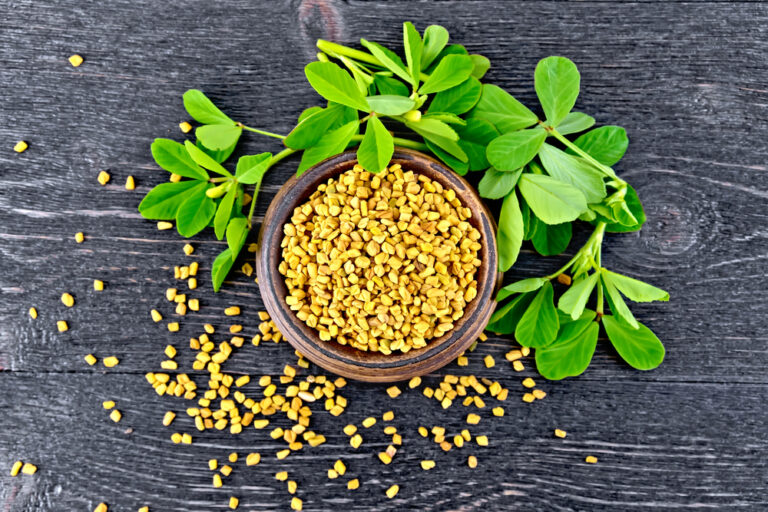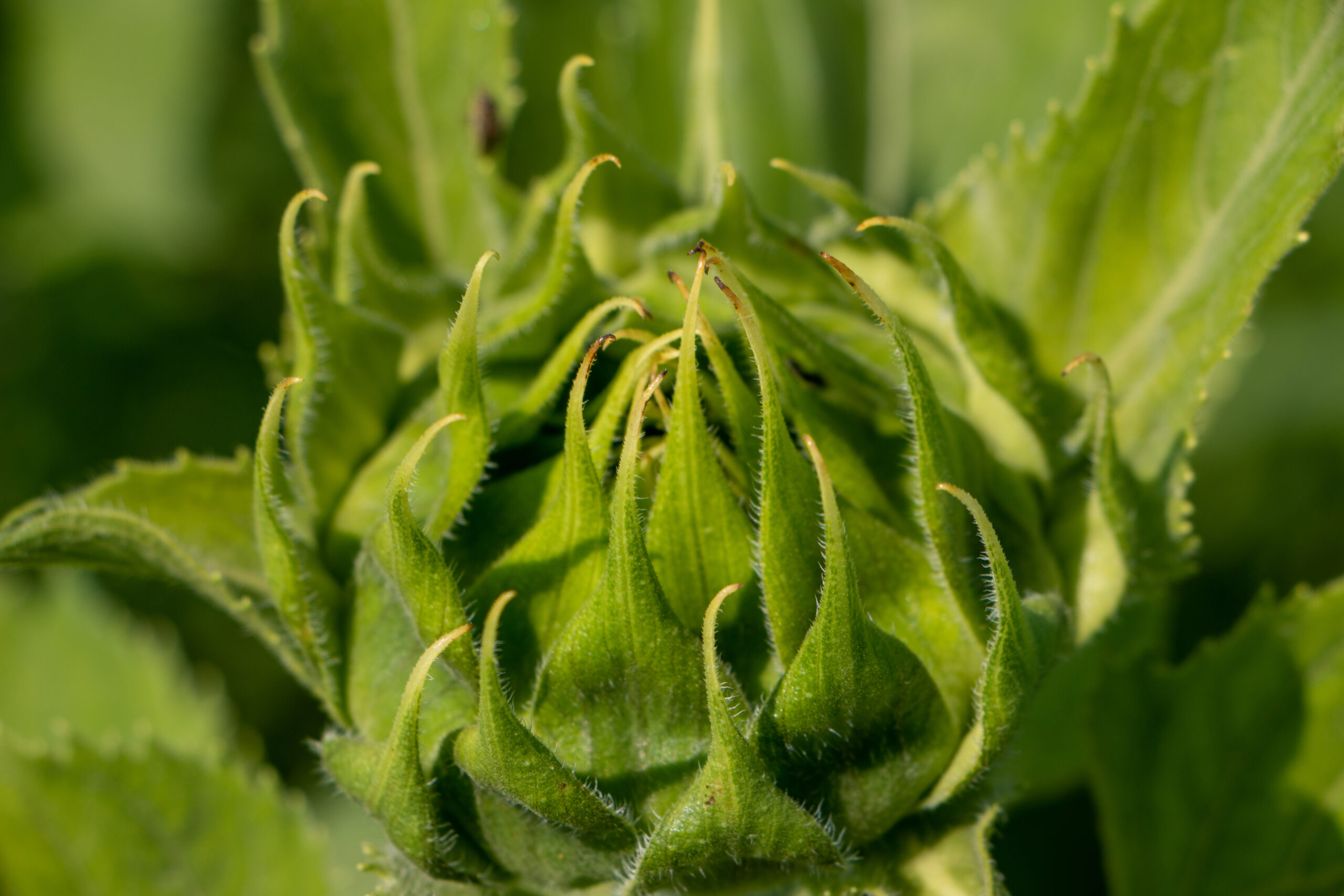Turmeric: Bioavailability, Clinical Applications, and Vast Health Benefits
About this Episode
Today we’re talking with Professor Kerry Bone about one of the most researched herbs in the world in terms of its therapeutic effects: turmeric. Known for its distinctive golden color and its earthy-sweet flavor, turmeric is commonly found on many cooks’ spice racks and has been long-studied for its association with positive health effects.
Turmeric, Bioavailability, and Forms
In this episode, Professor Kerry Bone discusses highly therapeutic forms of turmeric, developed through “nature and science” and including a matrix of compounds from the fenugreek plant to optimize bioavailability (02:00; 06:30). Phytochemicals called curcuminoids in turmeric are largely responsible for the herb’s beneficial biological activity (02:20). There are three key curcuminoids, but curcumin is often at the center of the discussion. Curcuminoids may vary in their bioavailability depending on how they are metabolized and absorbed into the bloodstream, and various technology has been developed and studied to improve their bioavailability (03:10).
>> Audio Bookmark: There may be a positive synergistic effect from dietary turmeric paired with supplemental turmeric (10:07).
Clinical Applications of Turmeric
The clinical use of turmeric is vast (11:30). Professor Bone describes turmeric as “pleiotropic” and having a “profound” and “broad” beneficial activity, including “nudging” inflammatory activity to resolve in a healthy manner (12:23). Turmeric is also associated with healthy aging, particularly the cellular protective Nrf2 pathway, via several mechanisms (14:06):
- Biological antioxidant
- Detoxification
- Mitochondrial support
Turmeric is also associated with micro-circulatory health, particularly the endothelium (17:30). Additionally, turmeric may act as an anti-viral agent, with many studies investigating the link between turmeric and HIV, as well as turmeric and the cytokine storm (20:08).
>> Audio Bookmark: There is a difference between the action of anti-inflammatory drugs and the anti-inflammatory effects of turmeric (23:29)
Professor Bone describes the following cases in which he utilizes turmeric in patients (39:20):
- Osteoarthritis
- Autoimmunity
- Blood glucose regulation
Turmeric and Stress
Studies also show that turmeric may affect neuroinflammation, relating to stress, depending on the bioavailability connected with different forms of turmeric. Professor Bone and host Sara Le Brun-Blashka, MS, discuss a study of shift workers and turmeric’s role in resolving occupational stress and anxiety (27:47). The active compounds in turmeric need to cross the blood-brain barrier in order to elicit positive effects (28:32). Professor Bone discusses how curcuminoids are more likely to do so when in the form of “free” as opposed to “conjugated” curcumin (28:50).
Exciting New Clinical Developments
Professor Bone discusses a variety of exciting new clinical developments in which turmeric may be beneficial (43:22)):
- Exercise and professional athletes: utilizing turmeric after exercise may support inflammation resolution
- Curcumin as a metabolic corrector: turmeric’s role in polycystic ovarian syndrome, metabolic syndrome, fatty liver, and type 2 diabetes
- Brain benefits: how turmeric may improve cognition and reduce the decline in cognition that happens with age







